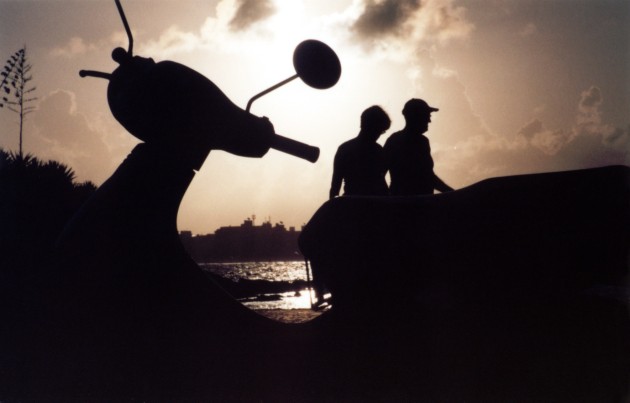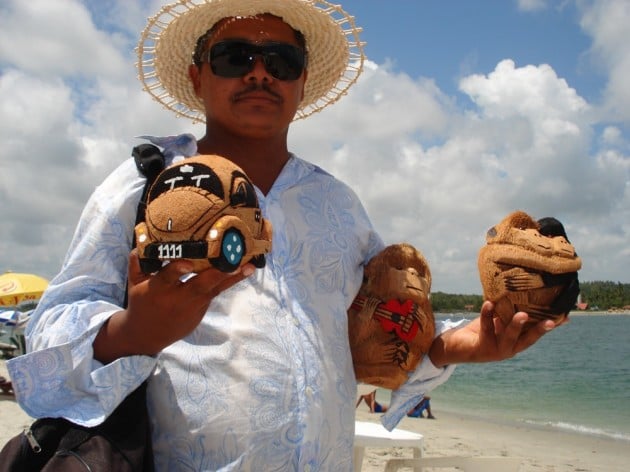The Jargon of Brazil, and How to Interpret it
 It’s present in every language on the globe. There’s the dictionary, the school-taught grammar system, the rule infused mechanical language; then there’s the rebellious, vocabulary intruders, the outsiders that make their way in, the slang, the jargon.
It’s present in every language on the globe. There’s the dictionary, the school-taught grammar system, the rule infused mechanical language; then there’s the rebellious, vocabulary intruders, the outsiders that make their way in, the slang, the jargon.
Whatever your view of these words and phrases that exist outside the confines of the dictionary, they’re important. Without some knowledge of Brazilian slang — Gíria — you won’t be able to effectively communicate with people, we’ll have a communication breakdown, and we don’t want that do we? So let’s begin:
 Ta Ligado — This is short for Esta Ligado? Meaning “Are you switched on?” — That is to say “you know what I mean?”
Ta Ligado — This is short for Esta Ligado? Meaning “Are you switched on?” — That is to say “you know what I mean?”
Trocar uma ideia — “To trade an idea,” to have a chat.
Batendo papo — The same as above, to have a talk.
Veio — This comes from ‘velho,’ meaning ‘old,’ but has come to mean ‘guy’ or ‘pal.’
O bicho vai pegar — “The beast is going to grab,” meaning ‘things are going to get ugly.’
Dar uma volta — “Give a return,” to go for a short trip, whether it be a walk down the road, along the beach, or a short drive.
É nóis na fita (Sometimes only É nóis) — “Is we in the tape,” used to say ‘we’re in the area’ or ‘we got it goin’ on.’
Ferrado — “You’re screwed,” it’s a more polite way to say it than fodido, and you can use ferrar to screw up, or to screw someone over.
Cê pira? — “Can you believe that…?” Used to begin stories.
Pega leve — “Take it easy.”
Are you getting the hang of it? I know, some of them seem a little odd. The good news is that we’re far from finished, there’s plenty more slang where that came from.
Gringo (GREEN-go) — Foreigner
Nossa (NOH-sah) — An Exclamation (Wow!)
Rolé (rol-EH) — A ride (Let’s go for ‘a ride’) — Mostly used in São Paulo
Sampa (SAHM-pah) — São Paulo
Truta (TROO-tah) — Friend
Cara (CAH-rah)/Meu (MEH-o) — Dude
Trem (TREIN) — Stuff
It pays to bare in mind that many of these are used in certain areas, but not in others; Brazil is a big country and there are different accents and vocabularies in different provinces, so the best way to learn is to go and listen for yourself. Of course, this can all be made a little easier with knowledge of Portuguese, there are plenty of classes available to prepare you for your venture to Brazil; or find out with our level test if you’ve already got it goin’ on.

